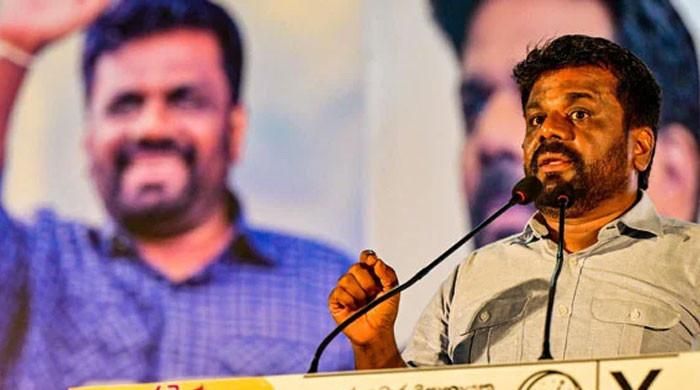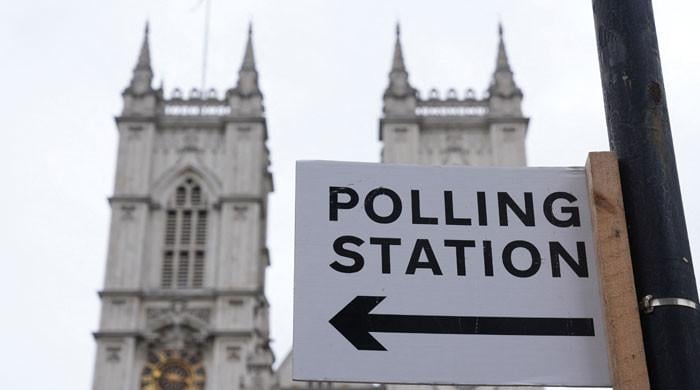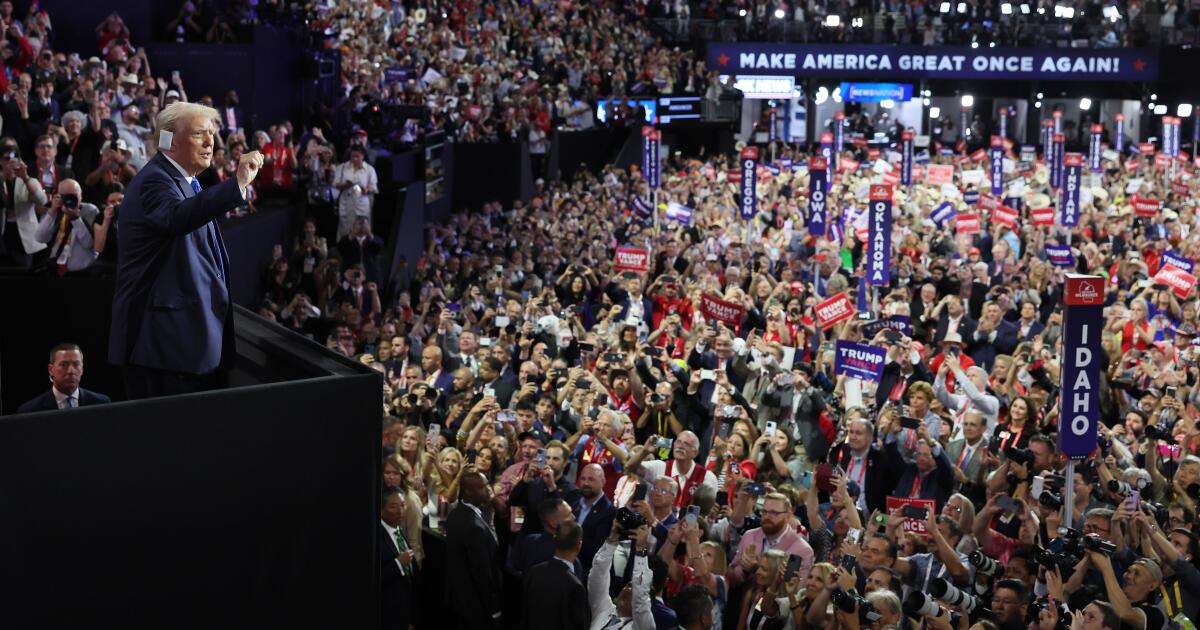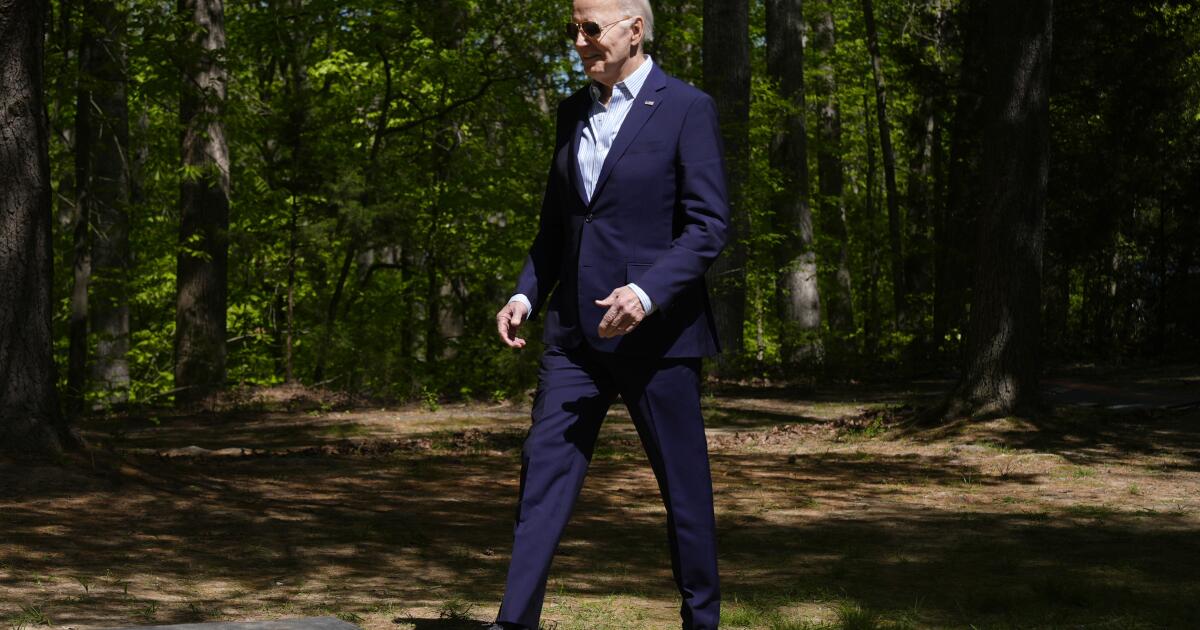- PLF official highlights renegotiation clause in agreement with IMF.
- Ratnayake says they intend to hire a Washington-based lender.
- Presidential candidate Dissanayaka had promised to cut taxes.
COLOMBO: The party of presidential candidate and Marxist leader Anura Kumara Dissanayaka, who is likely to win Sri Lanka's presidential election on Sunday, said it will renegotiate and not scrap the unpopular $2.9 billion International Monetary Fund (IMF) bailout deal.
“Our plan is to collaborate with the IMF and introduce certain modifications. [….] “We are not going to break the IMF programme. It is a binding document, but there is a provision to renegotiate it,” said People's Liberation Front politburo member Bimal Ratnayake. AFP.
He said Dissanayaka, 55, had pledged to cut income taxes that were doubled by President Ranil Wickremesinghe and slash sales taxes on food and medicine.
“We believe we can include those reductions in the program and continue with the four-year rescue program.”
Dissanayaka's rivals had expressed fears that his Marxist party would scrap the IMF program and push the country back into an economic crisis similar to the chaos of 2022, when a currency crisis caused shortages of basic goods, triggering street protests that eventually forced then-leader Gotabaya Rajapaksa to flee and resign.
If elected, Dissanayaka would be Sri Lanka's first Marxist head of state.
Hours earlier, Dissanayaka had secured 60.21% of the 164,000 votes counted, out of a total of just over 700,000.
Some 76% of the 17.1 million voters cast ballots on Saturday, with final results expected later on Sunday.
Authorities declared an eight-hour nighttime curfew across the country as results were announced through manual recounts, as Sri Lanka does not have electronic voting.
Wickremesinghe is seeking a new term to press ahead with his austerity measures after taking credit for stabilising the economy following a crushing national debt default in 2022.












